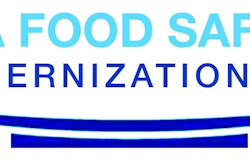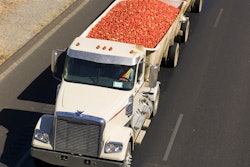
The fresh produce industry is watching closely as enforceable requirements in the FDA’s Produce Safety Rule gradually come into play at the ground level. The rule is one of seven the agency has drafted to implement facets of the sweeping 2011 Food Safety Modernization Act (FSMA), according to Food Safety News.
Published in the Federal Register on Nov. 27, 2015, the final version of the Produce Safety Rule “establishes, for the first time, science-based minimum standards for the safe growing, harvesting, packing and holding of fruits and vegetables grown for human consumption,” according to the Food and Drug Administration. It covers both domestic and imported produce.
Most produce growers, packers, processors or sellers will be subject to the rule, with staggered compliance deadlines ranging from two to four years, depending on the size of the operation.
However, there are exemptions — and qualified exemptions — from the rule, such as farms having an average of less than $25,000 in annual produce sales during the previous three years.
Also eligible for exemption from the rule is any produce which:
- is grown for personal or on-farm consumption;
- is not a “raw agricultural commodity;”
- will receive a “kill step” to adequately reduce microorganisms of public health concern; or
- is a “rarely consumed raw” commodity, currently defined as asparagus, black beans, great northern beans, kidney beans, lima beans, navy beans, pinto beans, garden beets roots and tops, sugar beets, cashews, sour cherries, chickpeas, cocoa beans, coffee beans, collards, sweet corn, cranberries, dates, dill seeds and weed, eggplants, figs, horseradish, hazelnuts, lentils, okra, peanuts, pecans, peppermint, potatoes, pumpkins, winter squash, sweet potatoes and water chestnuts.
To read more, click here.
















